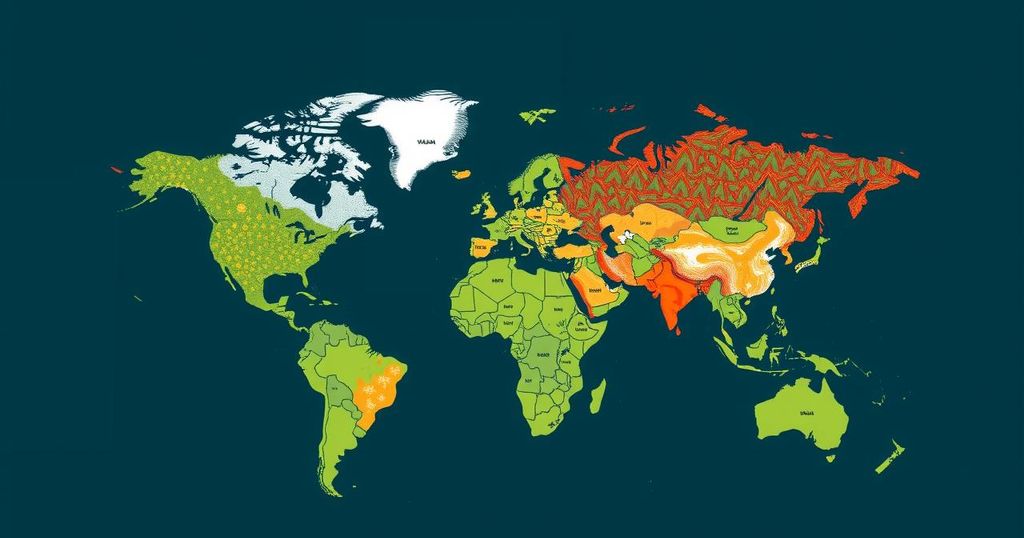Research suggests that climate change and extreme weather events are not swaying U.S. voters significantly, primarily due to increased misinformation and the strong connection between personal identity and political beliefs. While older voters show resistance to changing views on climate science, younger generations are more concerned and likely to attribute climate change to human activities, indicating a potential shift in future elections.
Recent research indicates that climate change and its associated disasters are unlikely to significantly influence voter behavior in the United States. Lawrence Hamilton, a researcher from the University of New Hampshire specializing in public perspectives on climate change, has observed that, while awareness of climate change increased over the years, this trend has stagnated post-pandemic due to a surge in misinformation. In particular, Hamilton emphasizes that the interconnectedness of voting behaviors and personal identity complicates the impact of climate-related messaging during elections. He notes, “There’s this connection between certain positions, such as rejecting science on climate change, and your personal, deep identity.” This phenomenon appears more pronounced among individuals over the age of 30, where entrenched beliefs become challenging to alter. However, Hamilton also points out a generational divide: younger individuals, particularly those in their twenties, exhibit a greater willingness to shift their viewpoints and a stronger tendency to attribute climate change to human actions. As concerns about escalating climate disasters continue to grow among younger generations, it is plausible that climate change could play a more vital role in future electoral outcomes across the region of the Mountain West.
The topic of climate change has been at the forefront of public discourse, especially as extreme weather events become more frequent and severe. Understanding how these events influence political behavior is critical for assessing their implications in the electoral landscape. Lawrence Hamilton’s research provides insights into the complex relationship between climate change awareness and voting behavior, especially in the context of rising misinformation and deeply held personal beliefs.
In conclusion, despite the increasing severity of climate change and its effects, such as intensified hurricanes and wildfires, researchers suggest that these factors are unlikely to shift voter preferences significantly. The deep-rooted ties between identity and political beliefs, particularly among older demographics, limit the effectiveness of climate messaging in elections. Nevertheless, as younger voters become a more prominent force in the electorate, the significance of climate change in political discourse may evolve.
Original Source: www.upr.org






